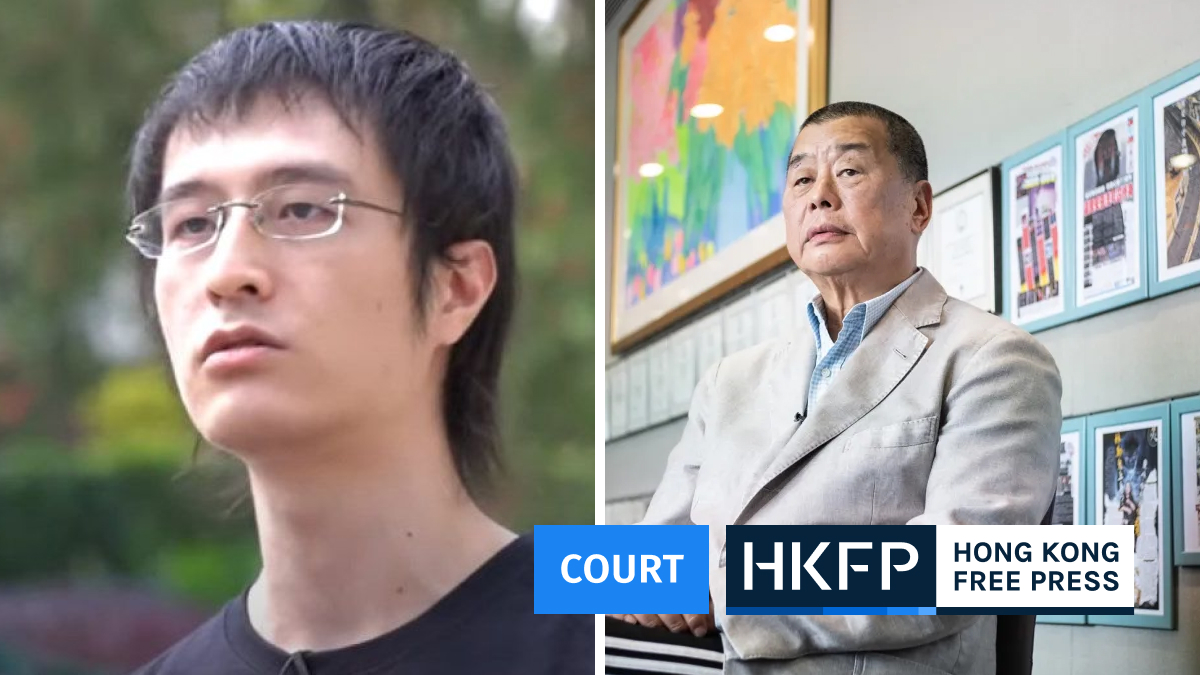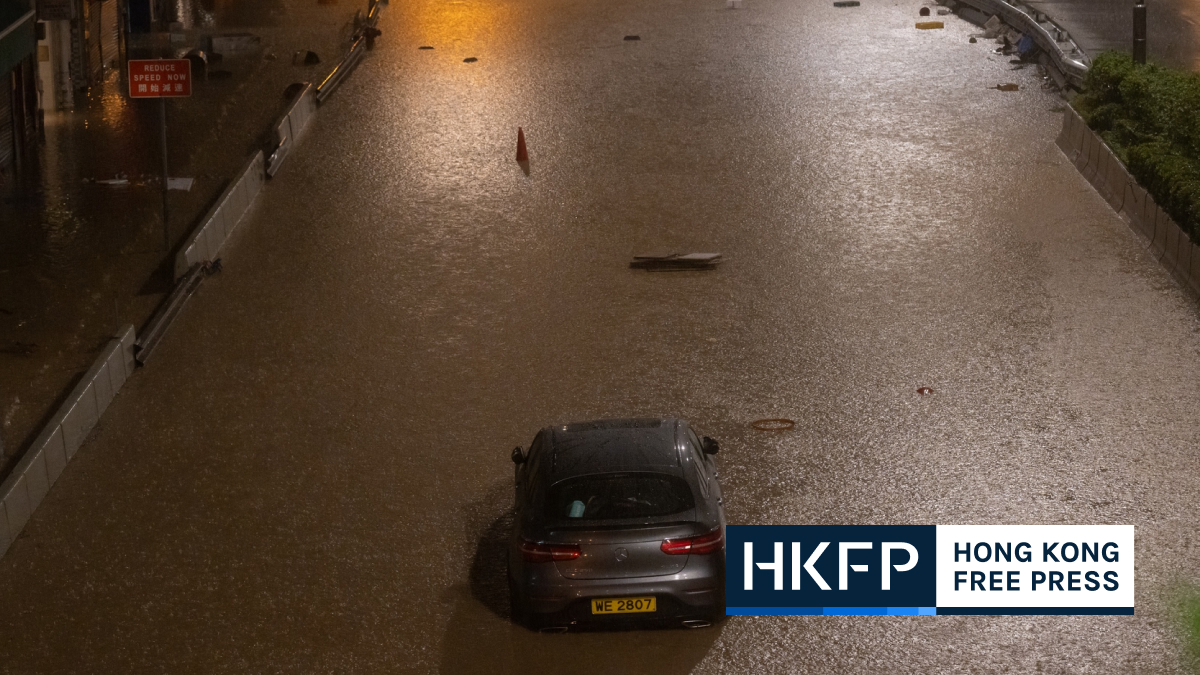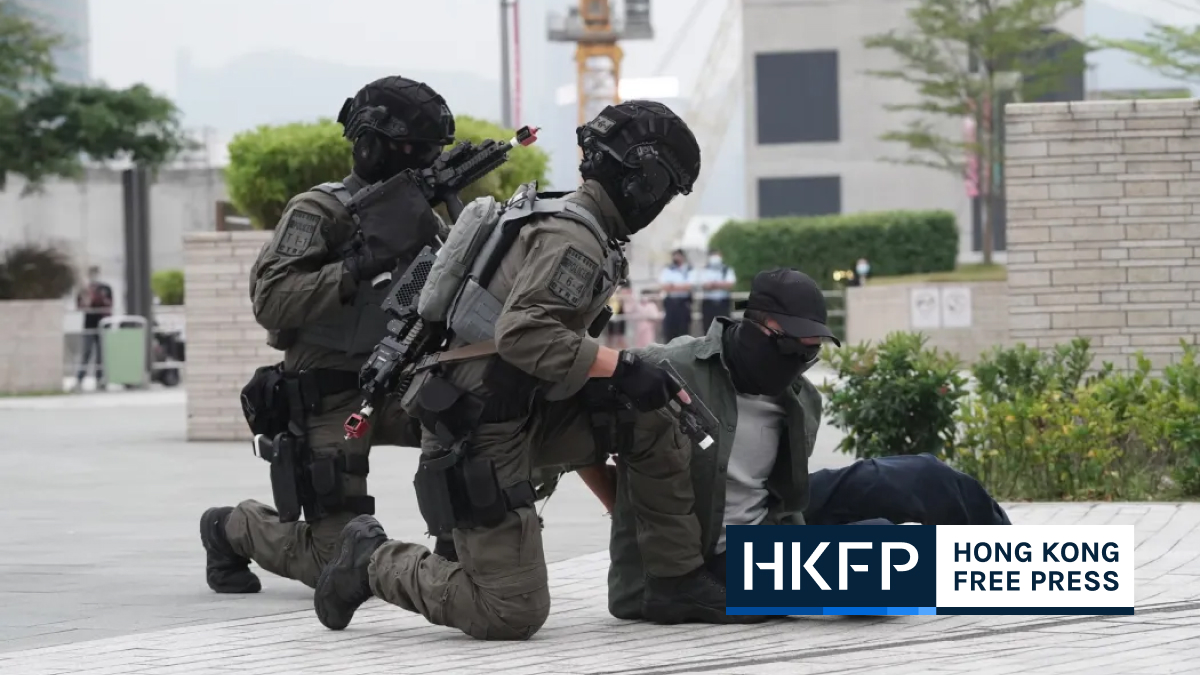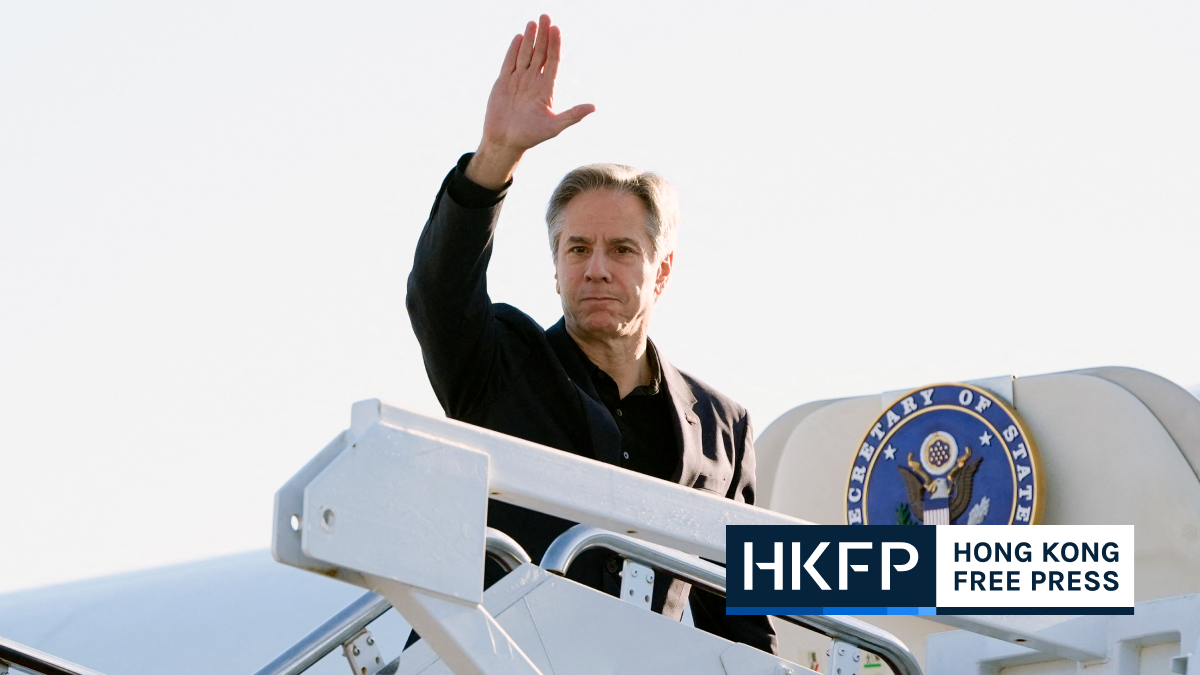Hong Kong barristers have urged the justice minister to defend the judiciary and individual judges against “pernicious accusations” after a pro-Beijing newspaper condemned a recent court ruling that police failure to display identification numbers during protests breaches the city’s Bill of Rights.
The Hong Kong Bar Association (HKBA) wrote a letter to the Secretary for Justice Teresa Cheng on Monday to express “utter dismay and astonishment” at what they described as a virulent article by the pro-Beijing Ta Kung Pao last Friday.

The newspaper printed a front page headlined “Thugs rule, police have no human rights – High Court ruled police officers not displaying their identification violated human rights law.” It also featured a cartoon depicting a protester – who had a petrol bomb in one hand – telling a police officer: “Show me your number, I’m backed by the judge.”
The barristers’ group said the article portrayed Judge Anderson Chow – who also ruled that the existing mechanism for handling complaints against police misconduct was “inadequate” – as partisan and biased in favour of protesters, or supporting criminal activities.
“The Bar Council calls upon you as the minister responsible for the administration of justice to staunchly defend the judiciary and individual judges against pernicious accusations made in the newspaper article,” the association told Cheng.

“The Bar Council also notes that the article hovers on the margins of a contempt of court.”
Ta Kung Pao cited Anthony Neoh, chairman of the Independent Police Complaints Council (IPCC), who said the judgement did not “fully reflect” the powers of the police watchdog. He said if the IPCC disagrees with the decision of the force’s Complaints Against Police Office (CAPO) and both parties fail to reach a consensus, the watchdog may refer the case to the chief executive for determination.
Chow said in his ruling that CAPO was not segregated from the police force, while the IPCC lacked investigative powers to effectively monitor the behaviour of officers. The current two-tier mechanism was not in line with Article 3 of the Bill of Rights against torture or inhuman treatment, Chow wrote.

The judgement contradicted Chief Executive Carrie Lam, who has repeatedly rejected calls for a truly independent probe into alleged police brutality during the year-long pro-democracy protests. She endorsed an IPCC report in May that dismissed serious police misconduct allegations, saying the study was “fair and balanced.”
Last Saturday, Commissioner of Police Chris Tang said the force would appeal against Chow’s ruling on identification after discussing it with the Department of Justice. He said police would still respect the court’s decision and would refrain from using operational callsigns – which replaced the identification numbers on riot police and special tactical squad officers last October – until the appeal case is over.
“But I would like to add that each operation callsign is unique [to the officer.] At any time, we can distinguish who the officer is by the callsign number,” Tang said.
Support HKFP | Policies & Ethics | Error/typo? | Contact Us | Newsletter | Transparency & Annual Report | Apps
Help safeguard press freedom & keep HKFP free for all readers by supporting our team

LATEST FROM HKFP
HKFP has an impartial stance, transparent funding, and balanced coverage guided by an Ethics Code and Corrections Policy.
Support press freedom & help us surpass 1,000 monthly Patrons: 100% independent, governed by an ethics code & not-for-profit.










